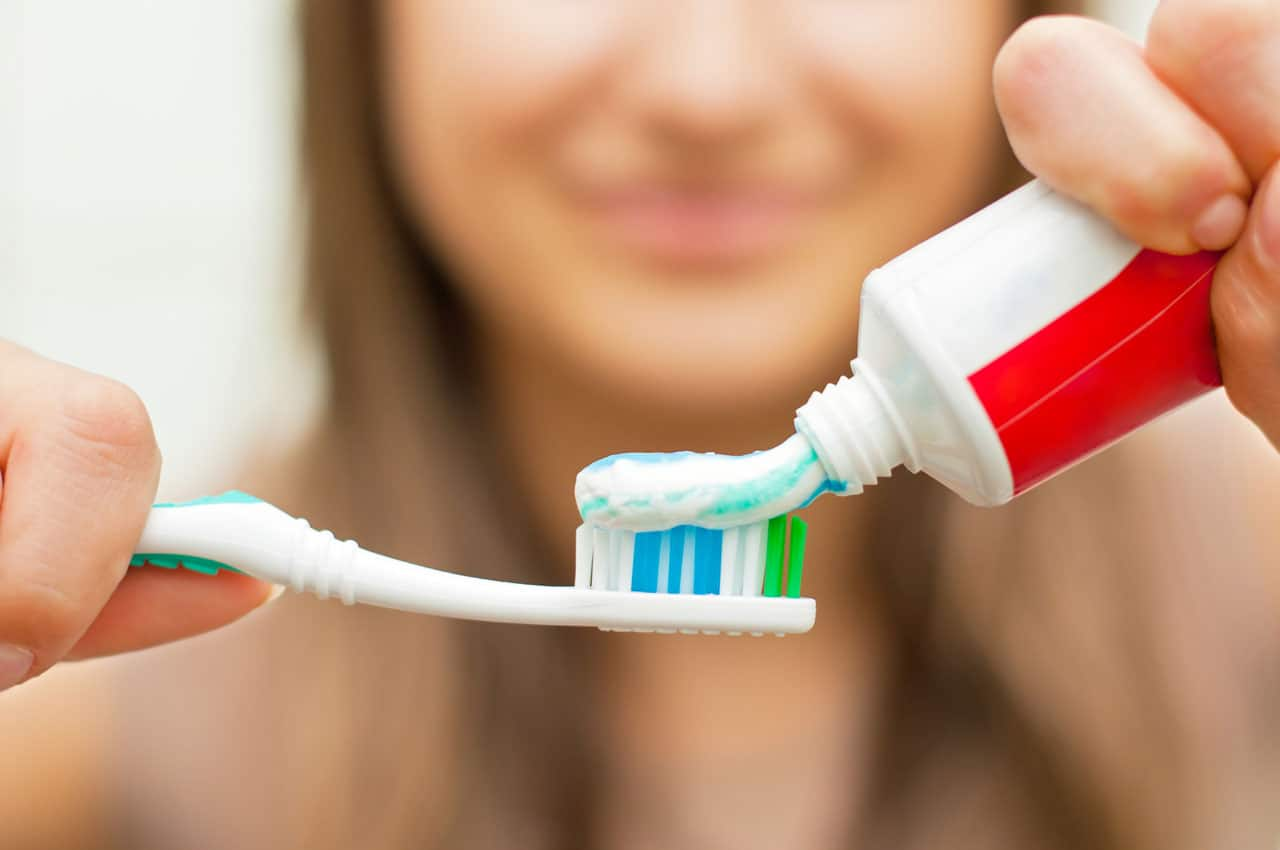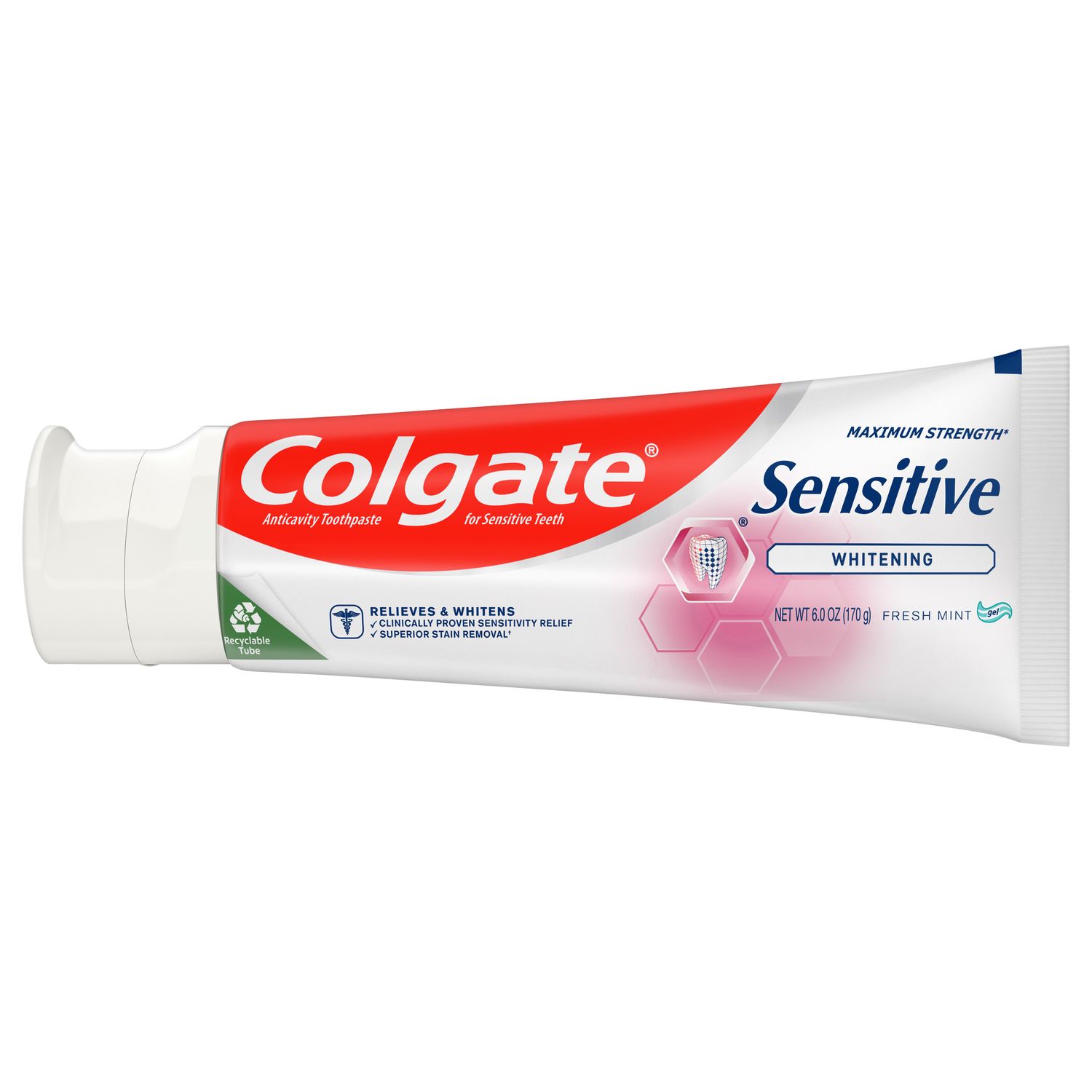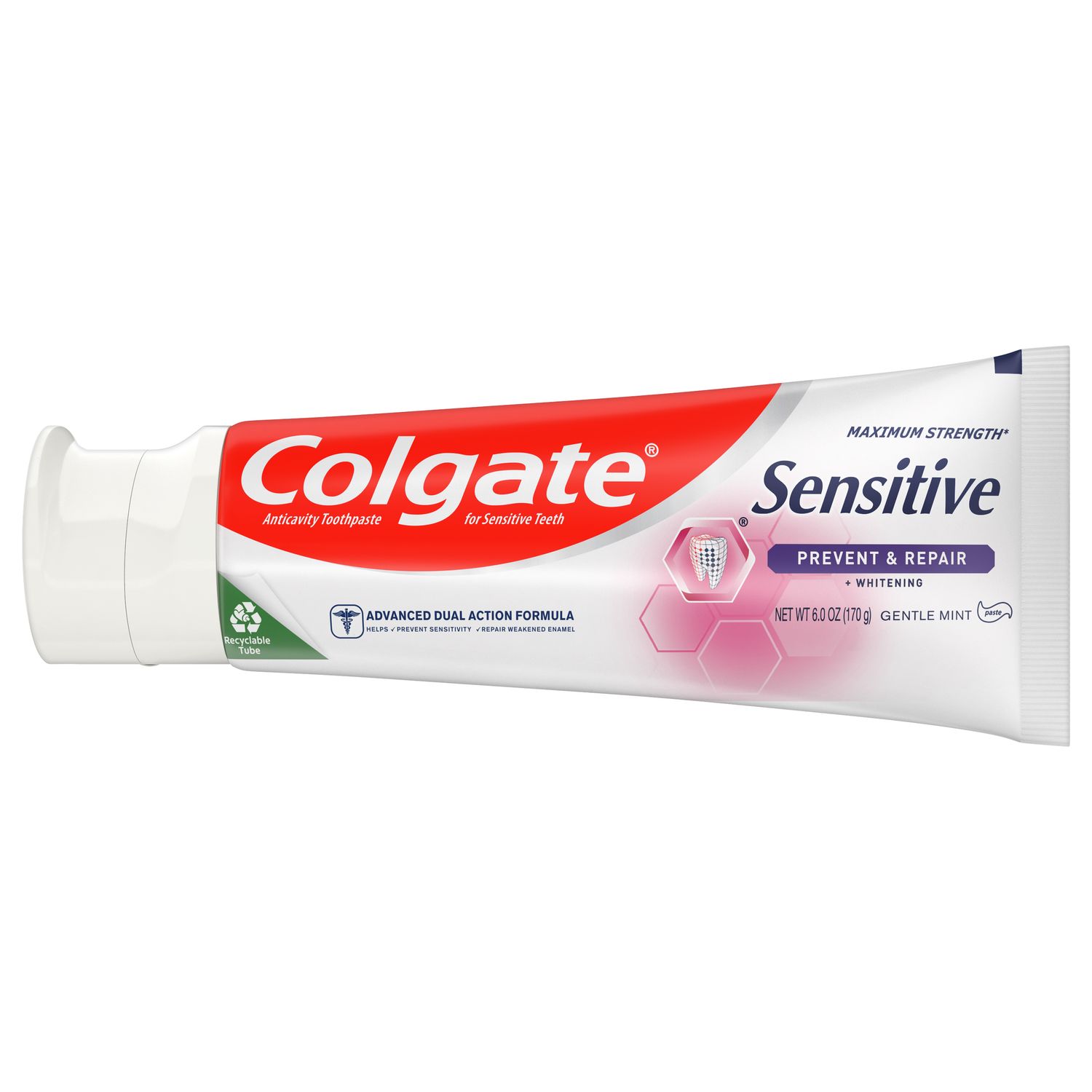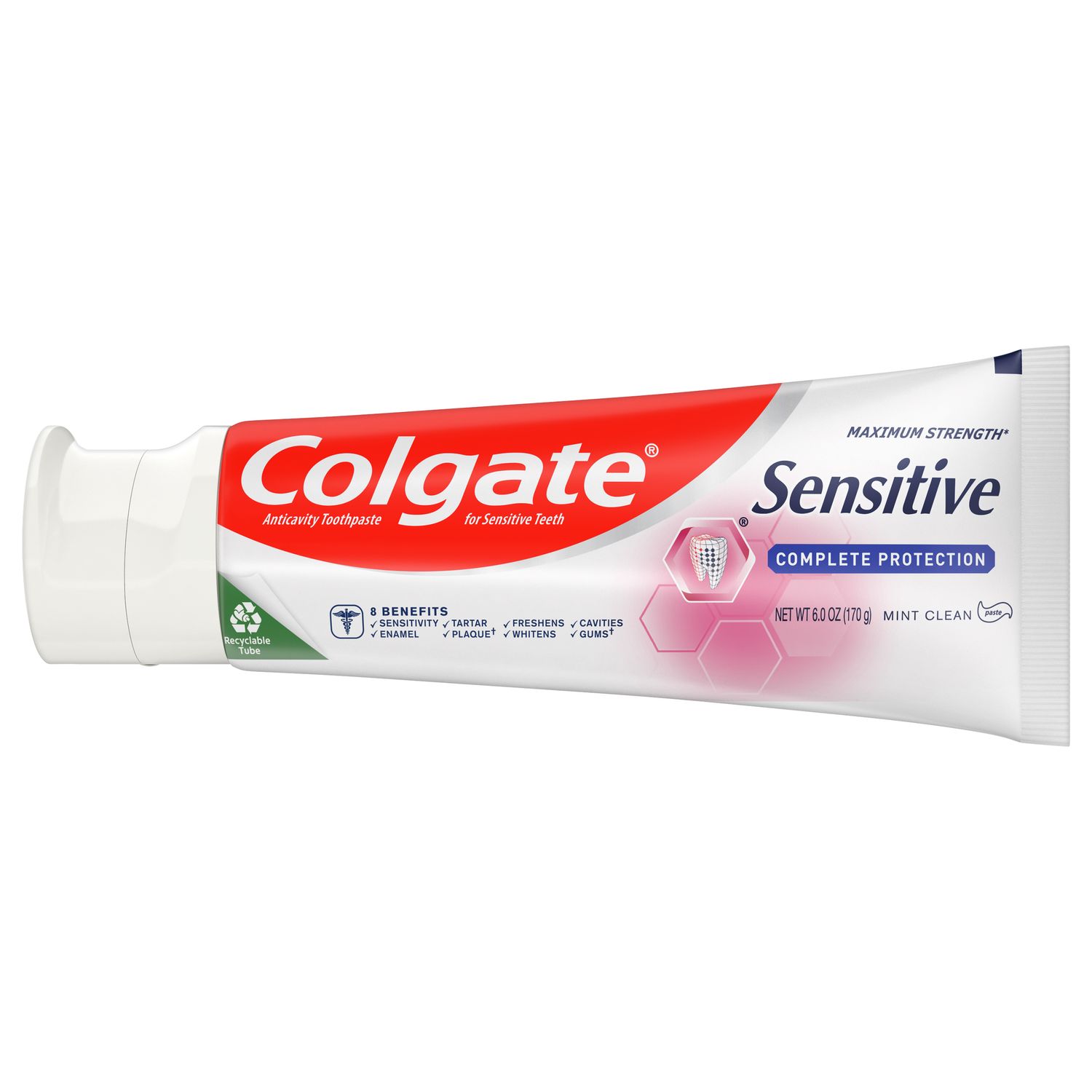What Causes Tooth Sensitivity?
Tooth sensitivity occurs when the dentin, the part of the tooth beneath the enamel, is exposed. It contains dentinal tubules connected to the tooth’s nerves which are responsible for all of the sensations in your teeth. This is so you can feel things while you chew. Unfortunately, once the dentin is exposed it can cause tooth sensitivity and pain, especially when you eat certain foods. This exposure can be caused by:
- Tooth decay or cavities.
- Receding gums or gum disease
- Teeth grinding and clenching.
- Worn down enamel through insufficient or improper oral hygiene, decay, or aging.
- Teeth whitening with strong bleaching agents.
- Injured teeth, worn or cracked fillings.
Most often once dentin is exposed your teeth will be sensitive to external stimuli and extreme temperature changes. This can happen when you drink a hot beverage or eat a popsicle for example. You may experience a sudden stab of pain or a gnawing ache in your tooth. Acidic, sugary, and spicy foods can also contribute to pain and sensitivity. Fortunately, there are many solutions for tooth sensitivity treatment and exposed dentin.
How To Treat Sensitive Teeth
If a cavity is the sensitivity culprit, a tooth restoration will help. If it’s gum disease, your dentist, dental hygienist, or specialist will be able to treat it. Practicing proper oral hygiene techniques and avoiding decay in the first place is the easiest way to prevent sensitive teeth . But if the dentin is exposed, there are still various treatment options you can try to help eliminate the sensitivity.
These include:
- Ask your dentist to apply fluoride varnish or gel to teeth to strengthen the enamel and dentin.
- Request a dental sealant from your dentist which protects from cavities and can provide a physical barrier to the sensitivity.
- Address gum recession or gum disease and ask your dental professional about treatment and prevention.
- Fix injured teeth or replace worn fillings.
- Fill cavities or have a root canal treatment to address deeper decay.
- Chew sugarless gum to increase saliva production, which helps strengthen tooth enamel, according to the ADA.
- Limit highly acidic foods and beverages with a pH lower than 4 which contribute to decay such as sodas and sports drinks.
- Drink water with fluoride to stay hydrated, strengthen teeth and wash away bacteria and debris.
- Eat protein and foods high in calcium to rebuild bones and enamel.
- Use a soft-bristled toothbrush and brush with a high concentration of fluoride toothpaste to strengthen enamel.
- Consider using a toothpaste made for tooth sensitivity treatment.
- Brush up to 2 minutes twice a day with less pressure (not aggressively) and floss.
Before trying any at-home tooth sensitivity treatment, you should visit your dentist to identify the cause. They can look for the signs of dentin exposure and run tests to determine what is causing the sensitivity, so you’ll know how to treat your sensitive teeth. From there, you’ll be able to determine if you require professional or at-home tooth sensitivity treatments. And then eventually, this won’t be such a sensitive issue for you.
This article is intended to promote understanding of and knowledge about general oral health topics. It is not intended to be a substitute for professional advice, diagnosis or treatment. Always seek the advice of your dentist or other qualified healthcare provider with any questions you may have regarding a medical condition or treatment.
ORAL HEALTH QUIZ
What's behind your smile?
Take our Oral Health assessment to get the most from your oral care routine
ORAL HEALTH QUIZ
What's behind your smile?
Take our Oral Health assessment to get the most from your oral care routine













